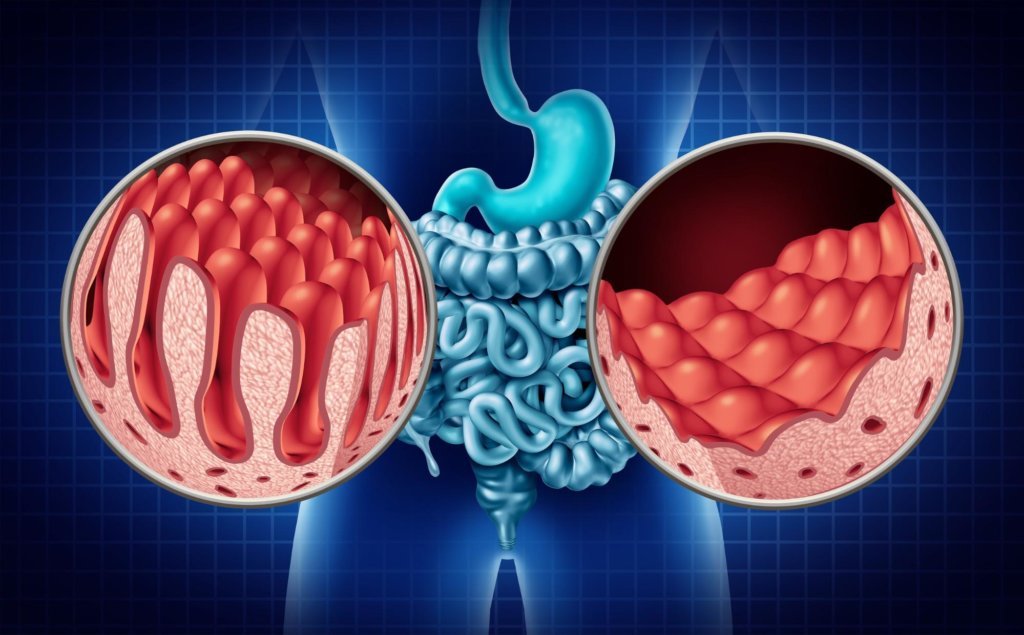How to Know if You Have Celiac Disease

May marks the start of Celiac Disease Awareness Month and brings national attention to the seriousness of this genetic autoimmune disease. Awareness of this condition is crucial considering 97% of people living with celiac disease are undiagnosed. Early diagnosis of this condition can also help prevent future complications, so taking time to get the proper testing is recommended if you have any of the classic celiac disease symptoms. In the past, we have discussed the common signs of celiac disease, but today we will highlight the specifics relating to diagnosis and testing to help you know if you have celiac disease.
Testing
Early testing is the essential first step to know if you have celiac disease. Committing to a gluten-free diet before obtaining your blood test results may make the results seem normal, even if you have celiac disease. There are two primary blood tests you can take: serology tests and genetic testing. Serology tests search for elevated levels of specific antibody proteins that are indicative of celiac disease. Genetic tests look for human leukocyte antigens that can be used to rule out celiac disease. If either of these tests indicates celiac disease, the next step is to head to a gastroenterologist for the second round of testing.
A gastroenterologist can perform an endoscopy to confirm a diagnosis of celiac disease. This procedure allows your doctor to take a closer look at the small intestine by using an endoscope. This long, thin, flexible tube projects high-quality images on a monitor for the physician to carefully examine and evaluate celiac disease symptoms. The diagnosis of celiac disease is often confirmed by taking a biopsy of the small intestine during the endoscopy.
Treatment
If your endoscopy results indicate that you have celiac disease, a lifelong gluten-free diet is the only way to manage symptoms. It’s essential to pay attention to foods, medications, or even non-food products that may contain hidden gluten, as even trace amounts can be damaging. Additional follow-up care may include regular blood tests to ensure that your gluten-free diet has you on the right path. Maintaining this diet typically allows the small intestine to heal. The healing process could take several years for adults, while the small intestine in children can generally heal within three to six months.
Preparing for your Appointment
If you suspect you have celiac disease and are seeking a diagnosis, there are some steps you can take to prepare for your appointment. As mentioned previously, continue to eat a regular diet, but take detailed notes about your symptoms and suspected triggers. Other personal information, including life changes or a family history of celiac disease, can also help the doctors. As always, we encourage you to include a list of any and all medications and supplements, as well as any questions you may have.
Contact a Gastroenterologist
If you have symptoms or signs of celiac disease, you should consult a specialist like a gastroenterologist. They will be able to diagnose you and recommend a treatment plan to best manage your symptoms. The Birmingham Gastroenterology team has decades of experience treating diseases and disorders in all parts of the digestive system. For questions about testing, signs, or procedures, contact us to set up an appointment.

